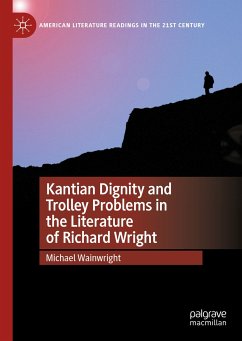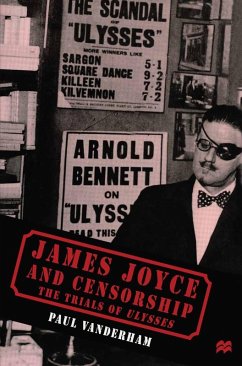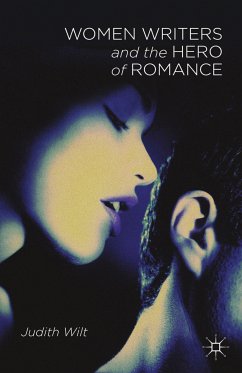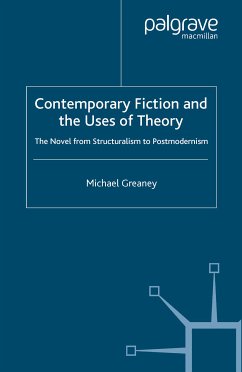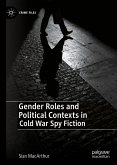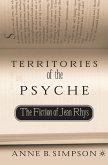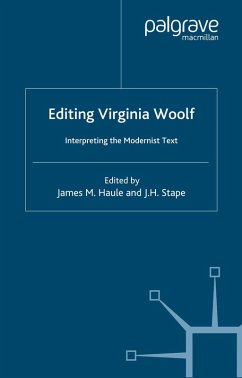This book examines the literature of African-American author Richard Wright and the philosophy of Immanuel Kant, arguing that Wright was not only the foremost proponent of minoritarian protest literature, but also a groundbreaking minoritarian exponent of philosophical literature. In presenting this argument, the volume defends trolley problems from the criticism that some philosophers level against them by promoting their use as an interpretive tool for literary scholars. Starting with Martha C. Nussbaum's interventions in literary theory concerning Henry James and perceptive equilibrium, this book draws on the philosophical thoughts of her contemporaries-Philippa Foot, John Rawls, Judith Jarvis Thomson, and Derek Parfit-to analyze Uncle Tom's Children, especially "Down by the Riverside," alongside other works by Wright. This approach emphasizes Wright's recognition of the importance and integrity of Kant's concept of dignity.
Michael Wainwright is Honorary Research Associate at the University of London, UK. He is the author of numerous books, including most recently Faulkner's Ethics: An Intense Struggle (2021), The Rational Shakespeare: Peter Ramus, Edward de Vere, and the Question of Authorship (2018), and Game Theory and Postwar American Literature (2016), all published by Palgrave.
Dieser Download kann aus rechtlichen Gründen nur mit Rechnungsadresse in A, B, BG, CY, CZ, D, DK, EW, E, FIN, F, GR, HR, H, IRL, I, LT, L, LR, M, NL, PL, P, R, S, SLO, SK ausgeliefert werden.

